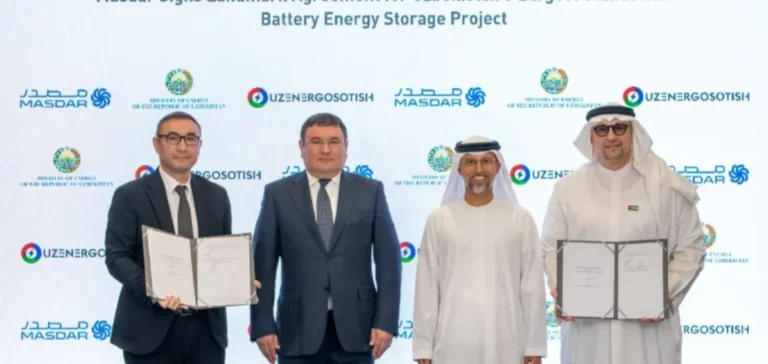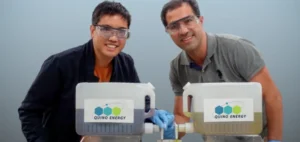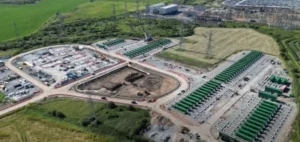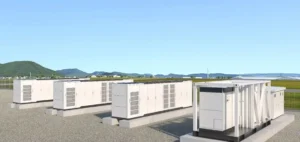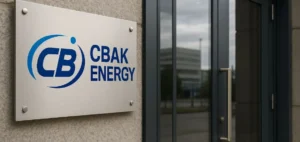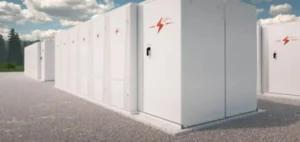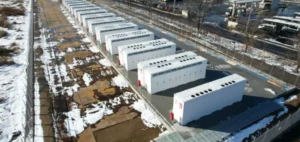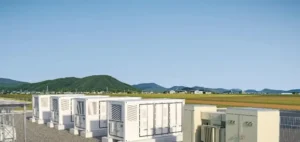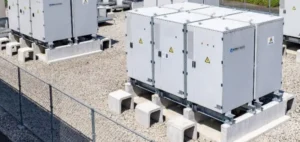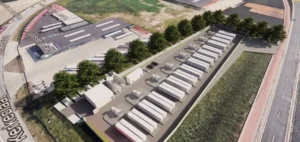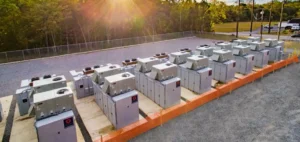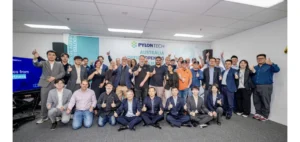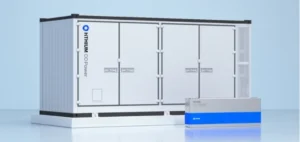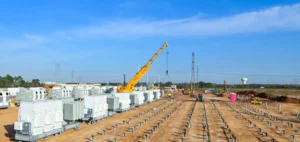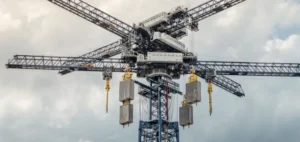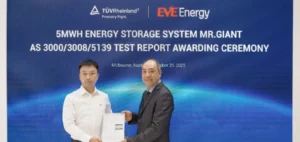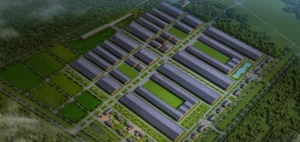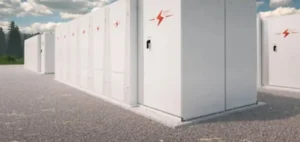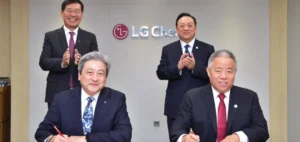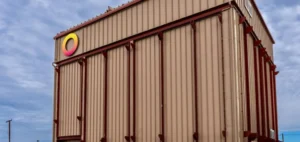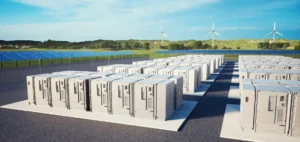Abu Dhabi Future Energy Company PJSC – Masdar has signed a battery storage service agreement with JSC Uzenergosotish, Uzbekistan’s state-owned company, for the implementation of the country’s largest standalone battery energy storage project. The project, named Zarafshan Battery Energy Storage System (BESS), represents the first phase of a national battery storage programme targeting up to 575MW/1.15GWh of capacity.
Scheduled to be operational in the third quarter of 2028, the initial facility will be capable of storing 300MW/600MWh of electricity, enough to supply 1.3 million households for two hours. The installation will be connected to the Murunau substation, with a second phase of equivalent capacity already planned to expand the Zarafshan site.
Acceleration of the national storage programme
This project is part of an agreement signed in December 2023 between Masdar, Uzbekistan’s Ministry of Energy, and the Ministry of Investments, Industry and Trade. The partnership aims to equip the country with energy infrastructure capable of absorbing an increasing share of renewable electricity. Uzbekistan is targeting 54% renewable electricity generation by 2030, amid rising demand and supply diversification.
The agreement was signed in the presence of the energy ministers of the United Arab Emirates and Uzbekistan, strengthening bilateral economic ties. Masdar has already invested over $2 billion in Uzbekistan and is currently developing an additional 2GW of capacity. This new project confirms its strategy to expand into high-potential emerging markets.
Planned extension and regional ambition
In parallel, Masdar plans to expand the Zarafshan capacity to 600MW/1.2GWh as part of its global target of reaching 100GW of installed renewable energy capacity by 2030. The company is also involved in a 24/7 solar and storage project in Abu Dhabi, integrating a 5.2GW solar plant with a 19GWh storage system.
The development of the Zarafshan BESS represents a structural evolution for Uzbekistan’s power grid, historically reliant on fossil fuels. This project will improve grid reliability, stabilise intermittent renewable production, and reduce energy losses related to system balancing.


